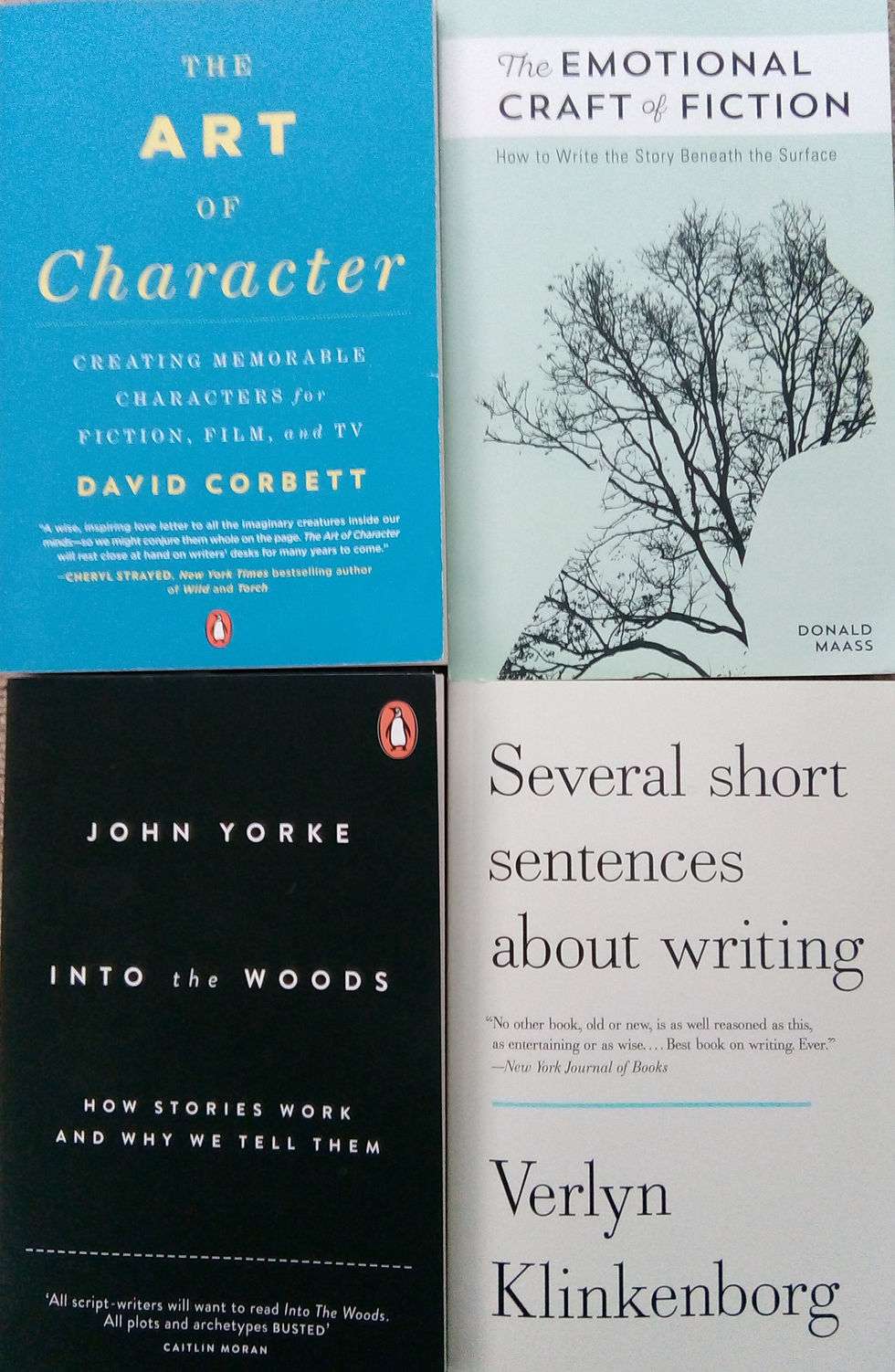Germany v Italy
- Rik Lonsdale

- Mar 31, 2020
- 2 min read
In the world cup of words, the English Language is the playing field.
One of the exercises in the latest study module was to write a piece using only words with a Germanic root, and then rewrite it using words with a Latin root. The suggestion is that words with a Germanic root are more ‘heart’ oriented whilst words from the Latin tend to being ‘head’ oriented. After completing the exercise, I agree this seems to be so. While I was aware of these two aspects of the English language, I was unaware of the impact it could have on my writing. To illustrate here are my two pieces:

Lucy gave Marcus a withering look. ‘Don’t be mad, Ben would never do that, not to dad.’
‘I’m only telling you what she told me. Faye said she saw him twist the arrow and shove him over the rail into the river,’ said Marcus.
‘And now Faye’s dead, you have no proof. I don’t believe you, Marcus. You’re stirring up stuff to have a go at Ben.’
‘There’s something else, something that can be proved. But you won’t think this is true either.’

Lucy presented Marcus with a reductive glance. ‘Don’t be absurd, Ben would never do that, not to papa’
‘I’m just repeating what she informed me. Faye said she perceived him rotate the arrow and push him across the rail into the river,’ said Marcus.
‘And currently Faye’s deceased, you retain no evidence. I’m not convinced, Marcus. You’re mixing up rubbish to have a go at Ben’.
‘There’s an additional element, an element that can be evidenced. But you won’t consider this has veracity either.’
I admit these are contrived, but they illustrate the differences between the emotive Germanic words and the rational Latinate words.
If you want to try this exercise here is a link to Zoe Gilbert’s article: https://wille.org/blog/2019/03/29/heart-words-vs-head-words-guest-writing-experiment-no-73-from-zoe-gilbert/
Also in the readings this week was George Orwell’s 1946 essay ‘Politics and the English Language’. I recommend reading this. Here is a link: http://www.public-library.uk/ebooks/72/30.pdf
For me the major takeaway from this essay are his six ‘rules’ for writing. Many of them sound very familiar!
Never use a metaphor, simile, or other figure of speech which you are used to seeing in print.
Never use a long word where a short one will do.
If it is possible to cut a word out, always cut it out.
Never use the passive where you can use the active.
Never use a foreign phrase, a scientific word, or a jargon word if you can think of an everyday English equivalent.
Break any of these rules sooner than say anything outright barbarous.
(Orwell 1946)
Comments, opinions and disagreements welcome.








Comments